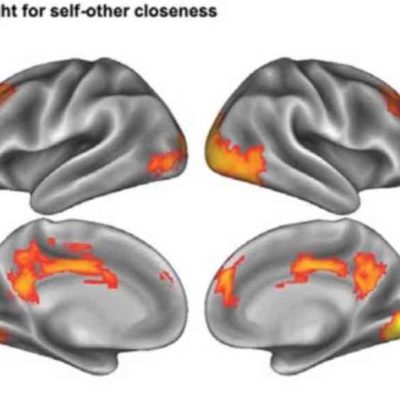Science Shop
Advertisement
Sleep Keeps Brain Sharp
- By Geert Devenster
- . September 14, 2021
A new study has revealed that individuals who do not get enough sleep are at a higher risk of developing serious illnesses such as dementia

Movement Eases Depression Symptoms
- By Geert Devenster
- . September 7, 2021
Depression Affects Brain Plasticity, but Exercise Can Help Depression is a common mental illness that affects about 10% of the population in Germany. The causes

Algorithm detects psychosis in children.
- By Geert Devenster
- . May 9, 2021
A new algorithm has been developed by researchers at the University of Geneva that can predict the onset of psychosis in children with a genetic

Alcohol can’t chase away negative feelings.
- By Geert Devenster
- . March 11, 2021
Alcohol is often used by many people to suppress negative emotions. However, according to a study, the drug actually intensifies depressive feelings. Researchers at the

Quit smoking boosts mental health.
- By Geert Devenster
- . March 9, 2021
Smoking cessation for just six weeks has been proven to reduce anxiety, depression, and other physical problems. According to a meta-study conducted by the University

Lockdown Altered Thought Patterns Dramatically
- By Geert Devenster
- . February 9, 2021
The lockdown in the UK has led to changes in people’s thought patterns, with individuals thinking less about their fellow human beings and losing their

Social Robots: Helping Isolation in Lockdown
- By Geert Devenster
- . December 10, 2020
Social robots could serve as companions for mentally vulnerable individuals during the Covid-19 lockdowns, reducing the effects of social isolation. According to a study by

Lockdown worsens depression amid Covid-19
- By Geert Devenster
- . November 10, 2020
The lockdown in the spring had a significant impact on people with depression, and now psychiatrists fear that the current lockdown-light will exacerbate the situation.

Lithium in Water Reduces Suicide?
- By Geert Devenster
- . August 17, 2020
Lithium, a light metal commonly used to treat bipolar disorder and mania, has been found to have a preventative effect on suicide. A study published

Loneliness Alters Brain Activity
- By Geert Devenster
- . June 19, 2020
Loneliness and social isolation have become increasingly prevalent during the COVID-19 pandemic, affecting people of all ages. A recent study published in the International Psychogeriatrics









